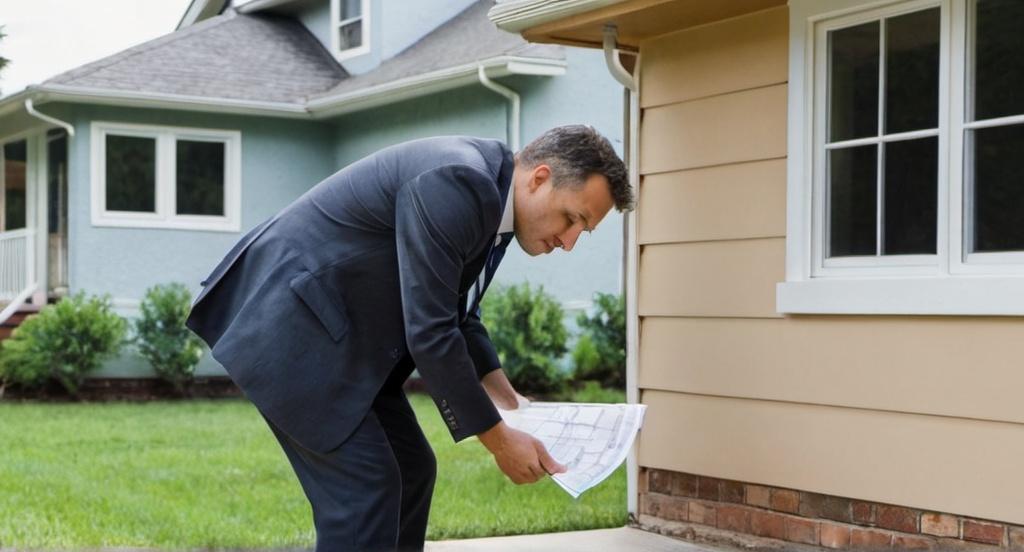Key Take Aways about Residential Investment Properties
- Residential investment properties involve buying properties to rent out for income and potential future sale profit.
- Key factors include cash flow, location, and understanding the costs of mortgages, taxes, and property management.
- Financing options include traditional loans, fixed-rate mortgages, and hard money loans.
- Benefits include passive income, appreciation potential, and tax deductions.
- Challenges involve tenant issues, maintenance costs, and market fluctuations.
- Success requires thorough planning, market understanding, and patience.

Understanding Residential Investment Properties
Residential investment properties are like a trusted friend in the world of real estate. You buy them, rent them out, and hopefully watch as the cash rolls in. But, just like any investment, it comes with its own set of quirks and perks.
The Basics of Residential Investment
So, what’s the deal with residential investment properties? It’s simple. You buy a house, apartment, or even a multi-family unit. The goal is straightforward: rent it out, earn rental income, and—if luck’s on your side—sell it for a profit later. The magic number here is cash flow. If the rent you charge is more than your costs, you’re golden.
Choosing the Right Property
Picking the right property is kinda like dating. You don’t just pick the first one you see. You look for location, potential for appreciation, and rental demand. A good spot might be near public transport or in an area with good schools. Also, check out the neighborhood crime rates because no one wants to live where they’re constantly looking over their shoulder.
Location, Location, Location
The value of real estate often boils down to location. Whether it’s a bustling city center or a calm suburb, where your property is can make or break its profitability. A property in a high-demand area will typically command higher rent and have a better chance of appreciating in value.
Crunching the Numbers
Before diving into any deal, get your calculator out. Consider purchase price, mortgage rates, property taxes, insurance, and maintenance costs. And let’s not forget property management fees if you plan on hiring someone to handle the day-to-day.
Financing Your Investment
You might be wondering, “How the heck do I pay for this?” Great question. Traditional banks, credit unions, or mortgage brokers are typical avenues for securing a loan. Having decent credit and some cash saved up for a down payment is crucial.
Mortgages and Loans
There are different types of mortgages and loans. Fixed-rate mortgages are popular because they offer stability with a steady interest rate. Then there’s the adjustable-rate mortgage (ARM) which starts off low but can fluctuate later. Know what you’re getting into.
Alternative Financing
Ever heard of hard money loans? They’re short-term loans from private investors or companies. Interest rates can be steep, but if you need quick cash without jumping through too many hoops, it might be the way to go.
The Perks of Investing in Residential Properties
Real estate can be a sweet gig. Here’s why people are hooked:
Passive Income
Who doesn’t like money while they sleep? Rent can provide a steady income stream, helping you pay off the mortgage and hopefully leaving you with some extra cash.
Appreciation Potential
Over time, the property’s value might go up, especially if you’ve picked your location and timing well. When it’s time to sell, you could pocket a tidy profit.
Tax Benefits
Did you know Uncle Sam might give you a break? Depreciation, mortgage interest, and even some operational expenses can be tax-deductible. However, always check with a tax professional because, well, taxes ain’t no joke.
The Challenges You’ll Face
While the perks are nice, it’s not all rainbows and unicorns. Here are some not-so-great parts:
Tenant Troubles
At some point, you might encounter tenants who love late payments or have a penchant for breaking things. Screening potential tenants carefully can help mitigate this risk.
Maintenance and Repairs
Whether it’s a leaky faucet or a new roof, properties need TLC which translates to money. Budget for unexpected repairs or replacements.
Market Fluctuations
The property market can be as fickle as a teenager. Economic downturns or an oversupply of rental properties can affect rent prices and property values.
The Final Thought
So, there you have it. Residential investment properties can be a rewarding venture with the potential for steady income and future profits. But, like any investment, it requires a keen eye, careful planning, and a bit of patience. With the right approach, your property could indeed become a valuable asset in your financial portfolio.